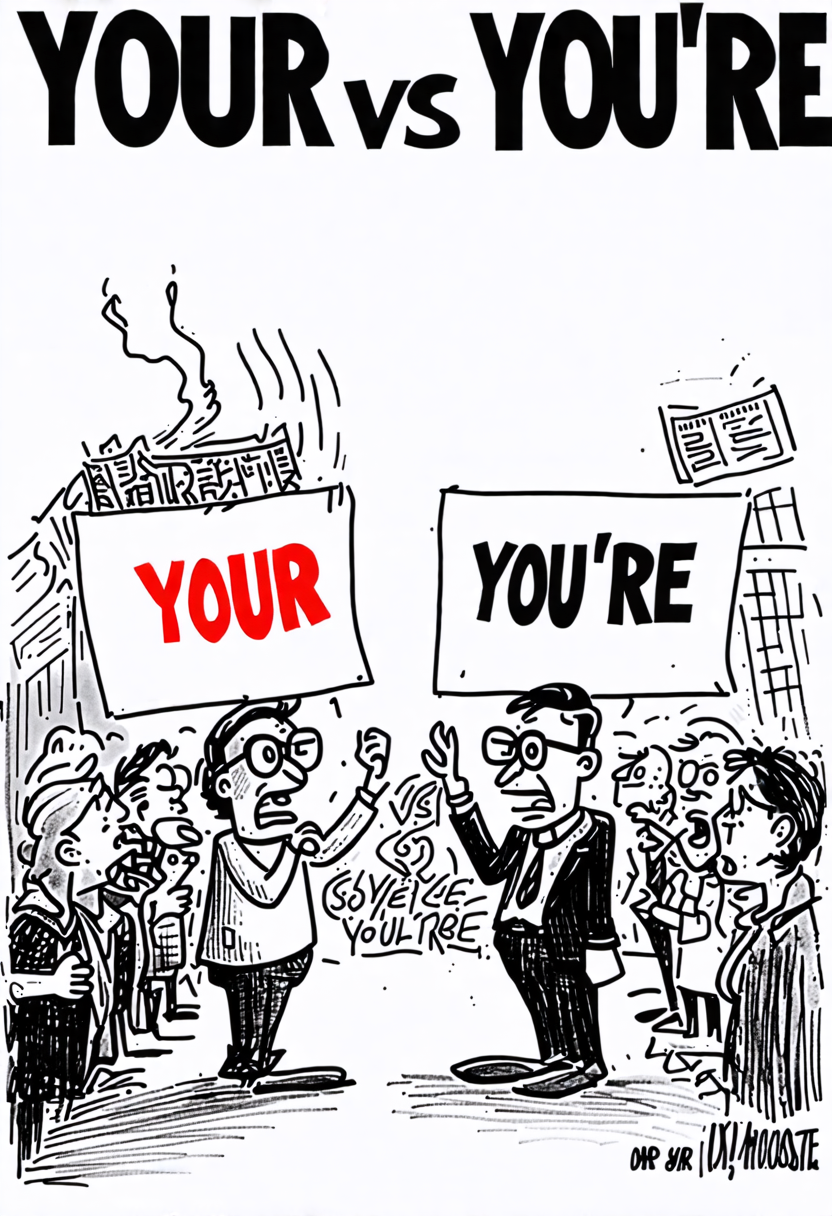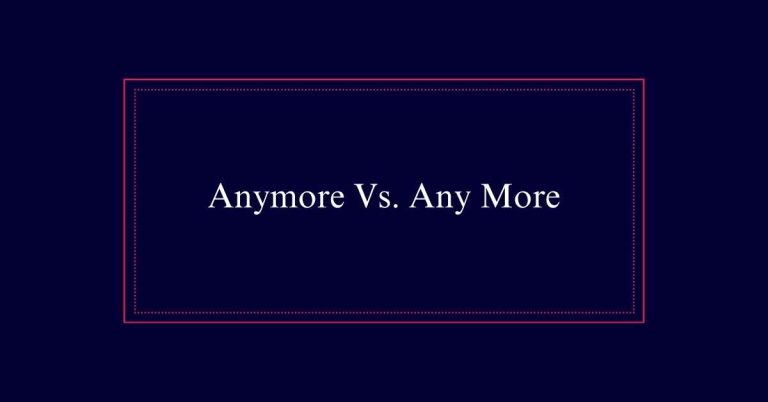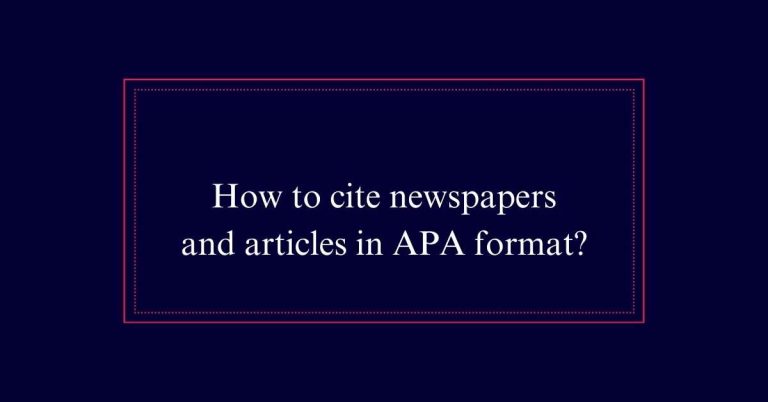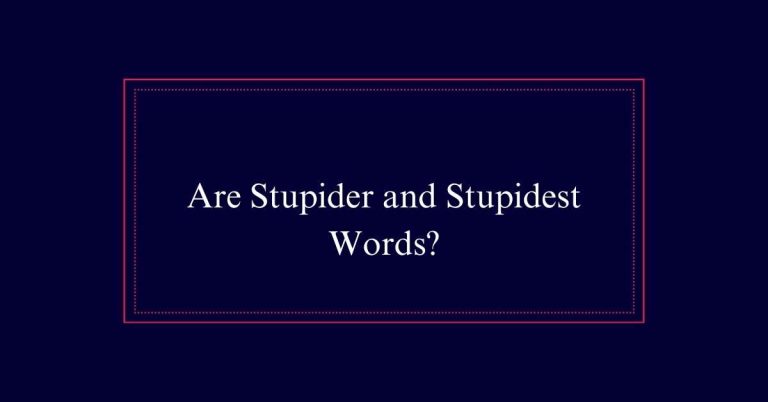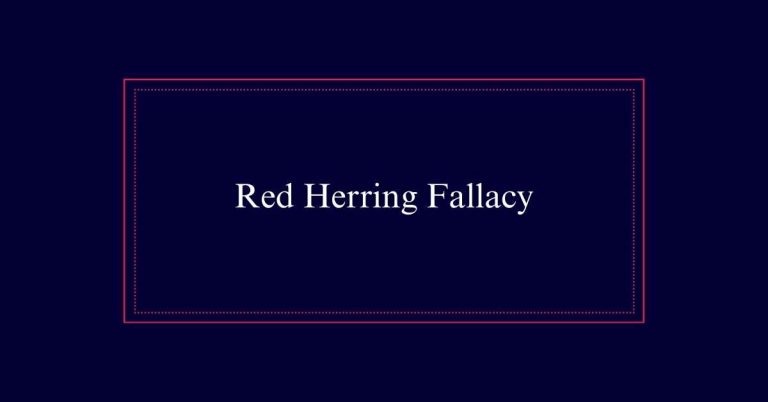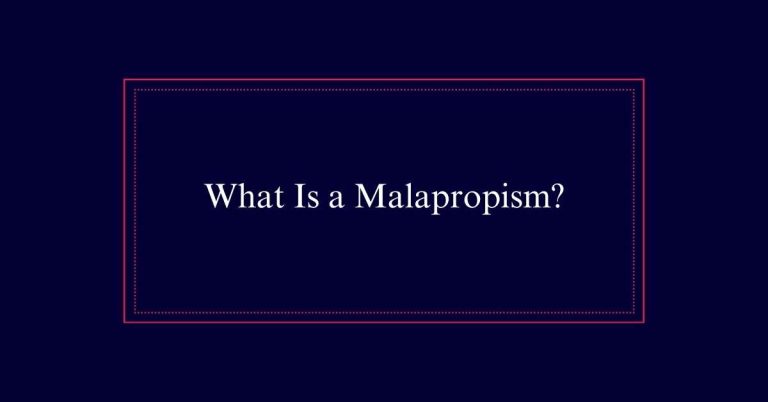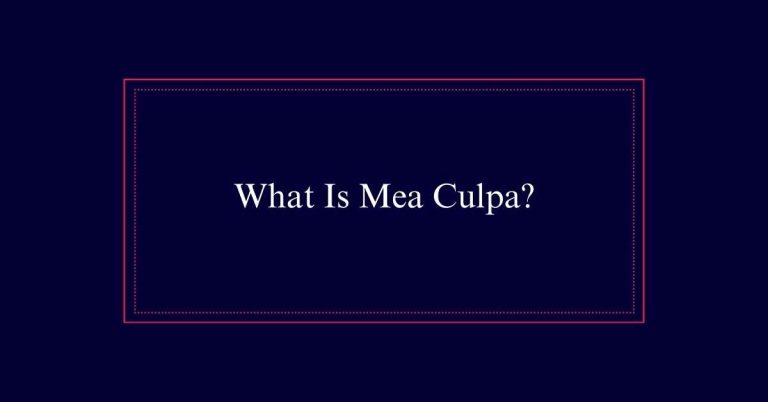Your Vs. You’Re
‘Your’ is a possessive adjective that indicates ownership or association. For example, ‘Your book is on the table.’ It shows a relationship between a person and an object. In contrast, ‘you’re’ is a contraction of ‘you are,’ used to describe a state of being or attributes, such as, ‘You’re going to be late.’ Understanding these distinctions guarantees clarity and proper communication. Examples include ‘your car’ versus ‘you’re funny.’
Definitions of “Your” and “You’re”
The words ‘your’ and ‘you’re’ often cause confusion, but their definitions and uses are distinct.
‘Your’ is a possessive adjective. It shows that something belongs to or is associated with the person being spoken to. For example, ‘Your book is on the table.’ It indicates ownership or a close relationship between the person and the object.
On the other hand, ‘you’re’ is a contraction of the words ‘you are’. It is used to describe a state of being or attributes related to the person. For instance, ‘You’re going to do great.’
Ownership and Possession
Understanding ownership and possession is key to correctly using ‘your’. The word ‘your’ indicates that something belongs to the person being addressed. It’s used to show a relationship between the person and an object or concept they own. For example, saying ‘your book’ means the book belongs to you. This helps to avoid confusion and guarantees clear communication.
| Example | Explanation |
|---|---|
| Your car is ready. | The car belongs to you. |
| Is this your phone? | The phone is owned by you. |
| Your ideas are valuable. | The ideas are associated with you. |
Describing Relationships
Describing relationships involves using ‘your’ to show a connection between a person and something closely associated with them. For example, ‘your family’ indicates a relationship between you and your family members. Similarly, ‘your friend’ shows a connection between you and the person you consider a friend.
This type of usage underscores a personal link or association. It is crucial to use ‘your’ correctly to avoid misunderstandings in communication. For instance, ‘your project’ highlights that the project belongs to or is managed by you.
Accurate use of ‘your’ in describing relationships guarantees clarity and specificity. Always check the context to confirm ‘your’ is appropriately demonstrating the intended connection.
State or Condition
Expressing a state or condition involves using ‘you’re’ to describe the current state or attributes of the person being addressed. For example, when you say ‘you’re tired,’ you are stating that the person is in a state of tiredness. Similarly, ‘you’re late’ indicates the person is currently not on time. ‘You’re’ is a contraction of ‘you are,’ making it easier to convey these states in a conversational manner.
You’re’ can also be used in more complex sentences to describe temporary conditions, such as ‘you’re being very helpful today.’ This helps provide context about the person’s behavior or situation at that moment.
Always remember to use ‘you’re’ when referring to a state or condition to make sure clarity in your communication.
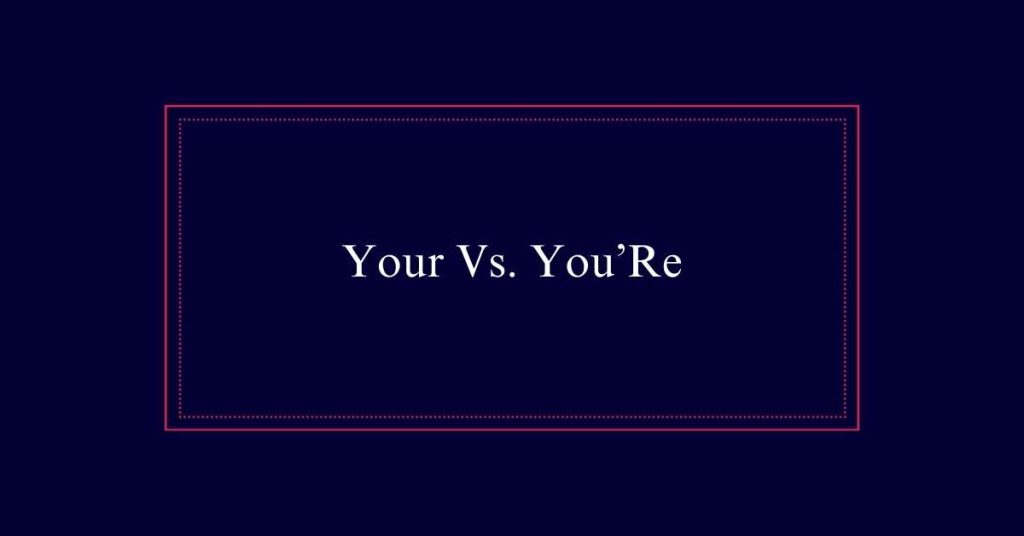
Characteristics and Attributes
Similarly to expressing a state or condition, ‘you’re’ is also used to describe characteristics and attributes of a person. This contraction, combining ‘you’ and ‘are,’ helps to convey specific qualities or features. For instance, in the sentence ‘You’re very talented,’ it highlights an attribute of the person being addressed.
When using ‘you’re’ to describe characteristics and attributes, consider these examples:
- ‘You’re a great leader.’
- ‘You’re quite knowledgeable.’
- ‘You’re always cheerful.’
- ‘You’re very punctual.’
Verbal Contractions
In written and spoken English, ‘you’re’ serves as a verbal contraction that guarantees communication by combining ‘you’ and ‘are’. This contraction is widely used to make sentences shorter and more conversational.
Instead of saying ‘you are,’ people often say ‘you’re’ to save time and space, especially in informal contexts. Understanding this contraction is crucial for clear communication. Using ‘you’re’ correctly guarantees that your sentences convey the right meaning.
It is important to remember that ‘you’re’ always means ‘you are.’ If you can replace ‘you’re’ with ‘you are’ in a sentence and it still makes sense, then you have used it correctly. This small contraction plays a significant role in everyday language.
Common Usage Examples
Having grasped the importance of ‘you’re’ as a contraction, let’s explore some common usage examples to clarify the difference between ‘your’ and ‘you’re’.
‘Your’ is used to indicate possession or ownership, while ‘you’re’ is the contraction for ‘you are’. Understanding their correct usage helps avoid confusion in writing.
Here are some examples:
- Your: ‘Are these your car keys?’
- Your: ‘Your outfit today is on trend.’
- You’re: ‘Have you decided where you’re going this summer?’
- You’re: ‘Please let me know when you’re back at your desk.’
Identifying Confusions
Identifying confusions between ‘your’ and ‘you’re’ is important because they sound identical but have distinct meanings and uses. ‘Your’ is a possessive adjective, indicating ownership or association, such as in ‘your car’ or ‘your idea.’
On the other hand, ‘you’re’ is a contraction of ‘you are,’ used to describe a state of being or provide attributes, like ‘you’re late’ or ‘you’re amazing.’
The confusion arises primarily because they are homophones. When spoken, they sound the same, leading to frequent mix-ups in written communication.
To avoid mistakes, remember that ‘your’ shows possession, while ‘you’re’ can be replaced with ‘you are.’
Correct Usage: “Your”
‘Your’ is a possessive adjective used to indicate ownership or association. It signifies that something belongs to the person being addressed or is closely related to them. For example, in the sentence ‘Your book is on the table,’ ‘your’ shows that the book belongs to the person.
Here are some common uses of ‘your’:
- Ownership: ‘Is this your pen?’
- Association: ‘Your ideas are valuable.’
- Possession: ‘Please bring your documents.’
- Relationship: ‘How was your weekend?’
Always remember, if you can replace ‘your’ with ‘you are’ and it doesn’t make sense, ‘your’ is the right choice.
Correct Usage: “You’re”
Now let’s explore the proper usage of ‘you’re’. ‘You’re’ is a contraction of ‘you are’. It is used to express a state of being or describe someone.
For example, ‘You’re going to the meeting’ means ‘You are going to the meeting.’ This phrase indicates the current action of the person addressed. Additionally, ‘you’re’ can describe characteristics or attributes, such as in ‘You’re very kind.’ Here, it conveys a quality of the person.
To confirm correct usage, replace ‘you’re’ with ‘you are’. If the sentence still makes sense, then ‘you’re’ is the right choice. Remember, ‘you’re’ is never used to show possession; that’s the role of ‘your’.
